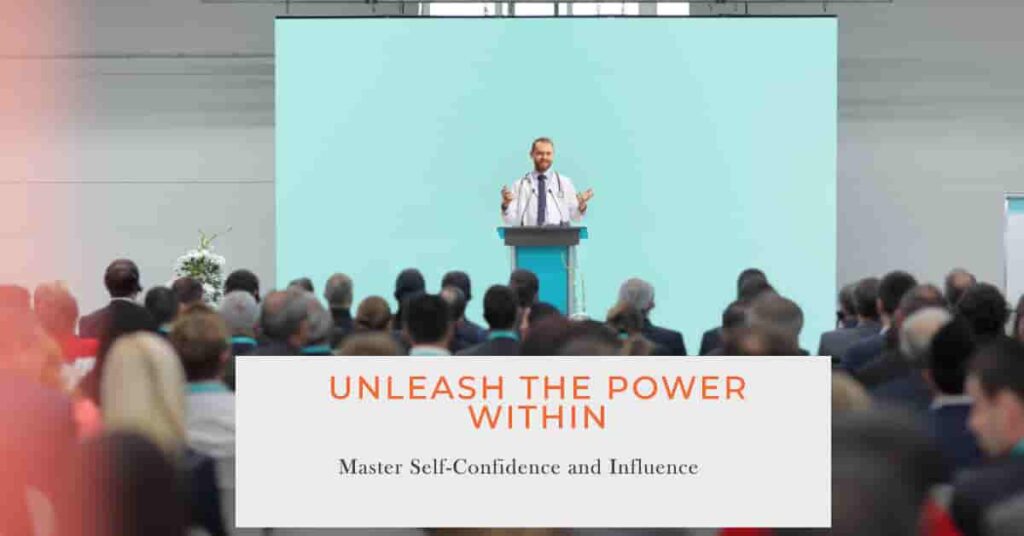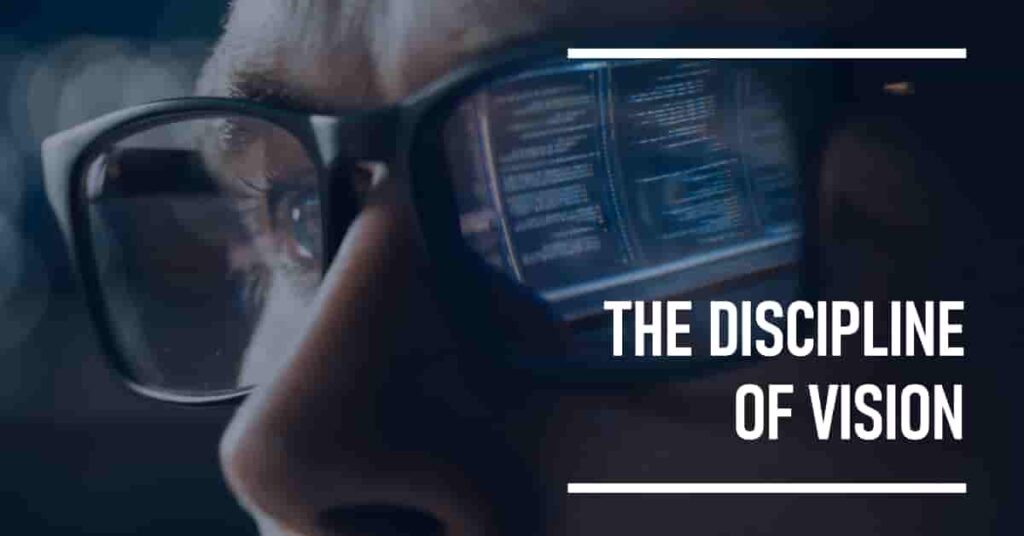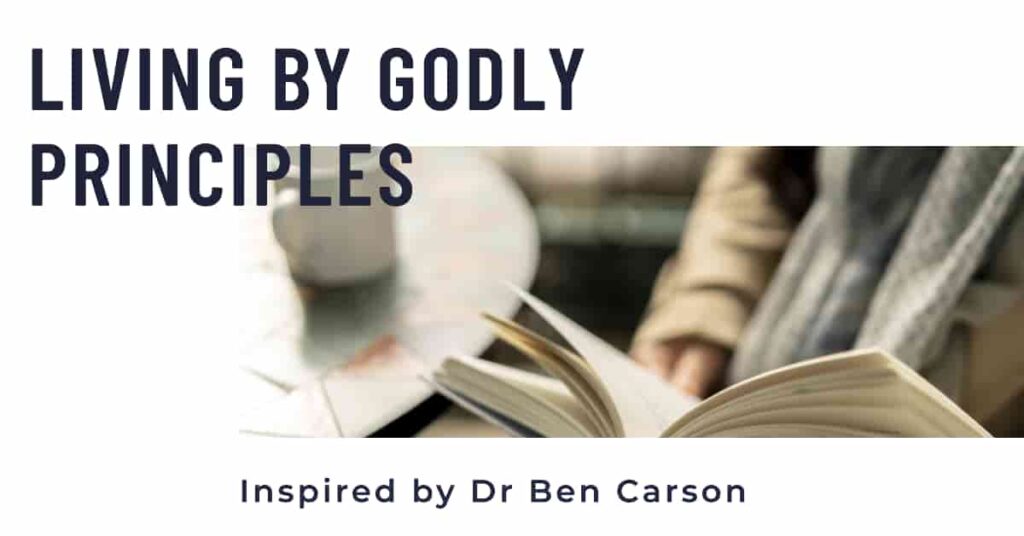TRANSFORMATIVE DECISION MAKING
In today’s turbulent world, the urgency for thoughtful and transformative decision-making has never been greater. Dr. Joshua Kolawole emphasizes that we live in times marked by deep uncertainty and instability—socially, economically, and structurally. Drawing from global examples, including commentary by the Prime Minister of Singapore, he illustrates how traditional systems are struggling under modern pressures. Transformation—whether personal, societal, or structural relies on our ability to recognize the forces that shape our choices and to act with intentionality.

Three Layers of Influence on Decision Making
Dr. Kolawole breaks down the decision-making environment into three layers:
Structural Decisions
These are decisions largely outside our control—imposed by systems, laws, infrastructure, or organizational rules. For instance, road systems dictate how we travel, educational paths define how long we spend in school, and aviation protocols determine flight patterns. In such systems, personal choice is limited or nonexistent.
Social Decisions
Here, societal norms and unwritten rules heavily influence behavior. Through mechanisms like intimidation, manipulation, or fear of exclusion, individuals are pushed into making choices aligned with the group. Whether it’s cultural expectations like celebrating a child’s birthday or adhering to workplace norms, going against these social forces often leads to criticism or ostracism—even if the rules are not formalized.
Subconscious Influence
Choices are also shaped subconsciously through exposure to marketing, advertising, and media. Without realizing it, people often make decisions based on what they’ve repeatedly seen or heard—subtle conditioning that reduces independent thought.
Together, these forces complicate decision-making, demanding a higher level of awareness and discernment.
The Call for Transformative Thinking
Because of these layers of influence, truly transformative decisions require rethinking, relearning, and the courage to push against structural, social, and subconscious constraints. Dr. Kolawole notes that this often feels like “a game of the impossible.” Whether you’re a young employee bringing innovation into a rigid company or an individual choosing to deviate from societal expectations, resistance is inevitable. Still, history shows that meaningful transformation has always required difficult, sometimes painful, choices.
The Two Pains: Discipline vs. Indiscipline
A central theme in his message is the distinction between the pain of discipline and the pain of indiscipline:
Discipline requires effort, patience, and sacrifice. It often brings discomfort in the short term but leads to long-term growth, success, and self-respect.
Indiscipline brings short-term pleasure or relief, but its consequences often arrive later—more painful and destructive in nature.
Choosing the harder path today can result in a better tomorrow. However, Dr. Kolawole also acknowledges that even good, disciplined choices don’t always yield immediate rewards. Some outcomes take time and perseverance
The Infinite Game Mindset
He urges the audience to adopt what he calls an “infinite game” mindset—playing for long-term purpose and meaning rather than short-term wins. Delayed gratification, patience, and vision are vital in today’s world, especially when outcomes are not immediate or predictable.
For example, choosing to invest in education and skill development may seem slow and unrewarding at first, but it’s a foundation for future opportunities. Short-term thinking, on the other hand, limits personal growth and restricts transformation.
Balancing Complex Stakeholders
In both personal and organizational settings, transformative decision-making requires navigating the interests of multiple stakeholders: parents, mentors, investors, employees, customers, political and legal systems, and even religious or economic frameworks. Making the right call means considering a wide range of factors—from geopolitics to ethics to long-term strategic vision.
The Weight of Words and the Power of Speech
Dr. Kolawole also highlights the importance of communication. When you speak, you reveal your thoughts and identity. Knowing when to speak and how to speak is a strategic act. Therefore, improving one’s vocabulary, reading habits, and communication skills becomes a key part of making meaningful, effective decisions.
Final Message: Clarity, Thoughtfulness, and Discipline
As he closes, Dr. Kolawole reminds us that in an increasingly complex world, clear goals are essential. Without clarity, alignment and advancement become impossible. He encourages embracing every challenge with discipline, carefully weighing risk and consequences, and staying committed to long-term growth.
Transformative decision-making is not about convenience—it’s about courage, consciousness, and consistency. It’s not just the act of deciding, but the quality of thought behind the decision that determines whether it leads to real, lasting change.



